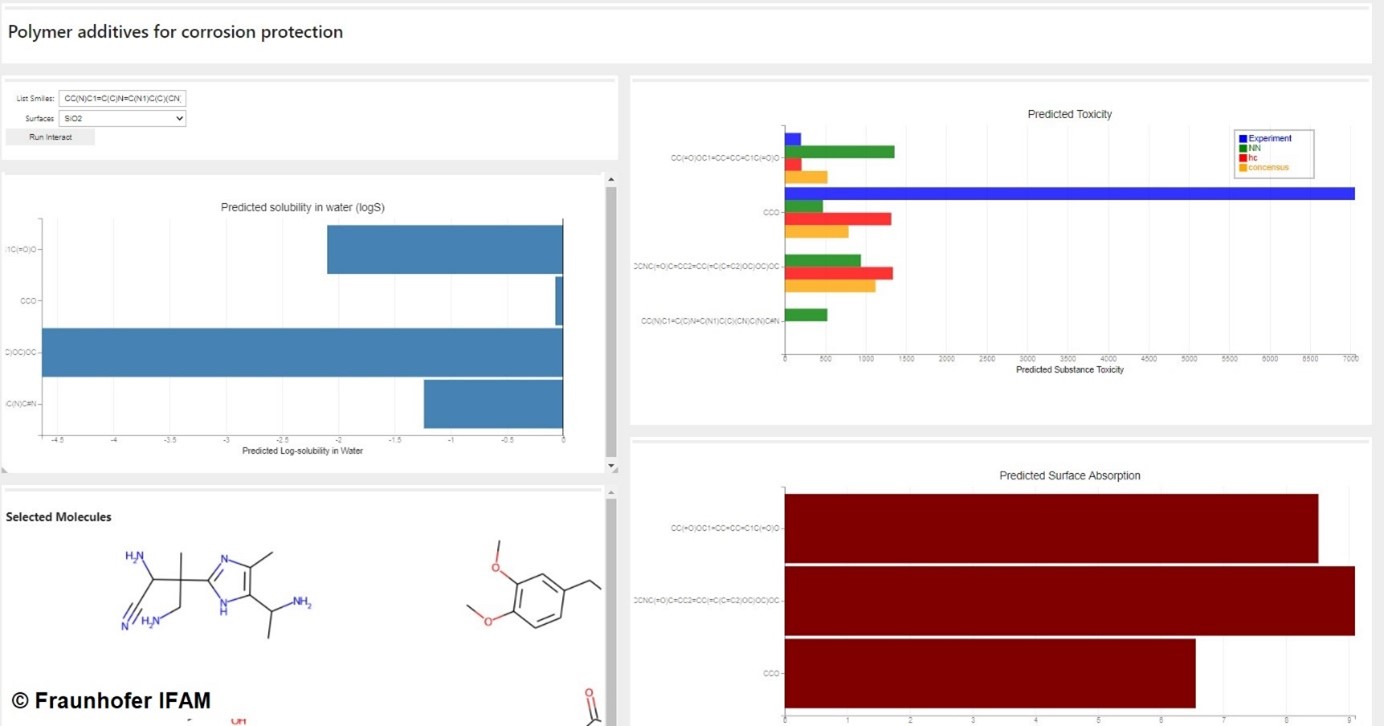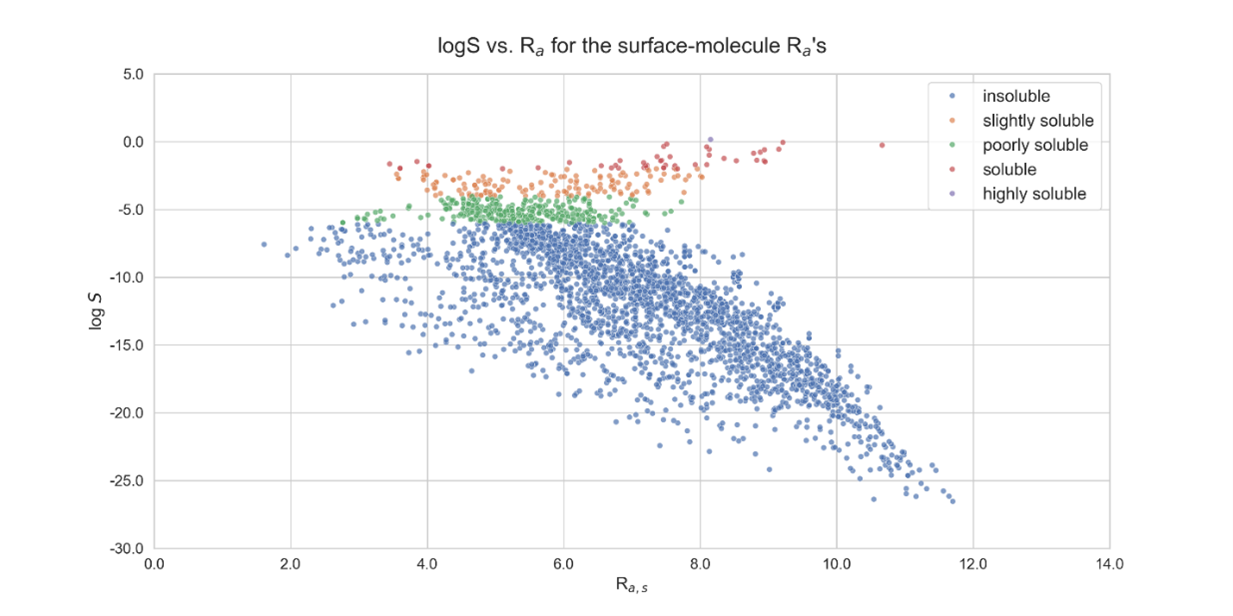Digital Open Marketplace Ecosystem 4.0


The DOME 4.0 research project is an initiative to establish a digital platform that enables the exchange of business data in the B2B sector. The aim is to generate added value and promote the development of new or improved products, processes, and services. Through the use of ontology-based semantic data interoperability and modern data processing technologies, Dome 4.0 seamlessly connects different material data sources with users, enabling maximum knowledge extraction. Given the importance of the materials and manufacturing industries to the European economy, DOME 4.0 focuses on data-driven knowledge generation in these key sectors.
Project objectives:
The project has two main objectives:
- to develop an open, collaborative marketplace ecosystem that includes platforms, ontologies, and interfaces to other marketplaces and data spaces, and
- to implement and demonstrate nine B2B use cases based on data exchange and utilization.
The role of Fraunhofer IFAM in the project:
Fraunhofer IFAM is heavily involved in the B2B use cases and, in collaboration with Straetmans HighTAC GmbH, is focusing on accelerating the development of polymer additives for corrosion protection. Fraunhofer IFAM acts as a data supplier and coordinates interactions with other relevant initiatives and associations.
Project results: Accelerating the development of polymer additives through chemical informatics and data-driven approaches
Polymer additives are used to develop polymer materials with specific functional properties, such as corrosion protection. These materials must meet a variety of requirements, including low toxicity, solubility, or appropriate inhibition properties. As part of the DOME 4.0 project, a special showcase aims to accelerate chemistry informatics and data-driven approaches to the development of polymer additives for corrosion protection. The showcase integrates data from several publicly available sources, such as PubChem and CompTox, and combines it with chemistry informatics methods to accelerate the selection of suitable chemical formulations.
As part of the showcase, over 3,000 new molecular structures were generated and evaluated using open-source software such as RDKit. The properties of the new polymer additives were evaluated using two property predictions implemented in the DOME 4.0 showcase: water solubility and adsorption to a surface. The predicted material properties were linked to toxicology and GHS data available from databases. In addition, a dashboard was developed to present the information in a clear format.
A decisive advantage was the short processing time: the chemical informatics approach proved to be extremely efficient; the evaluation of approximately 3,000 structures took about 15 minutes, including the selection of the most promising candidates. In contrast, the time required to obtain the relevant information from databases and literature was about 8 hours for three selected structures.
This efficiency demonstrates the potential for significantly reducing development times and optimizing formulations for specific applications.
Through the comprehensive use of this data, DOME 4.0 creates a solid basis for the rapid and precise selection of polymer additives, which can make the product design process considerably more efficient.
Project partners:
- Universita di Bologna
- Cambridge Nanomaterials Technology Ltd
- Computational Modelling Cambridge Limited
- Ecole Polytechnique Federale de Lausanne
- Fraunhofer-Gesellschaft zur Föderung der Angewandten Forschung eV
- Netcompany Intrasoft SA
- Robert Bosch GmbH
- Siemens Industry Software NV
- Sintef AS
- Uniresearch BV
- United Kingdom Research and Innovation
- University College London
Funding:
European Commission
Funding code:
The project was funded by the European Union's Horizon 2020 research and innovation program under grant agreement No. 953163.
Duration:
December 2020 - November 2024
 Fraunhofer Institute for Manufacturing Technology and Advanced Materials IFAM
Fraunhofer Institute for Manufacturing Technology and Advanced Materials IFAM